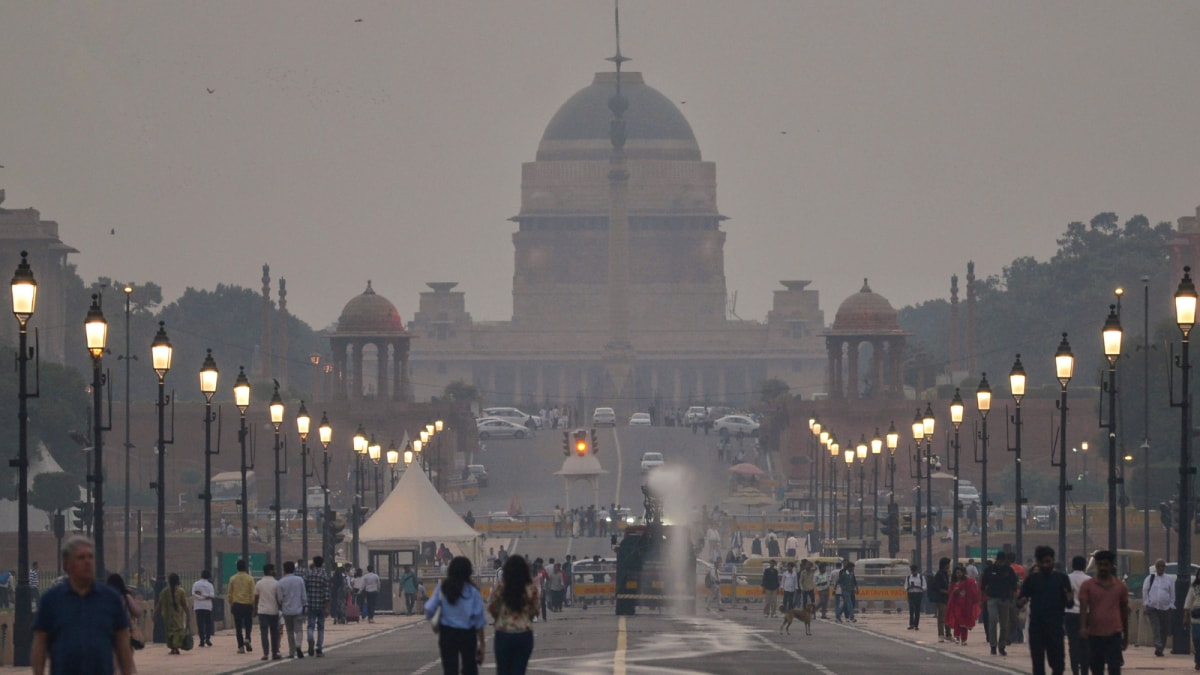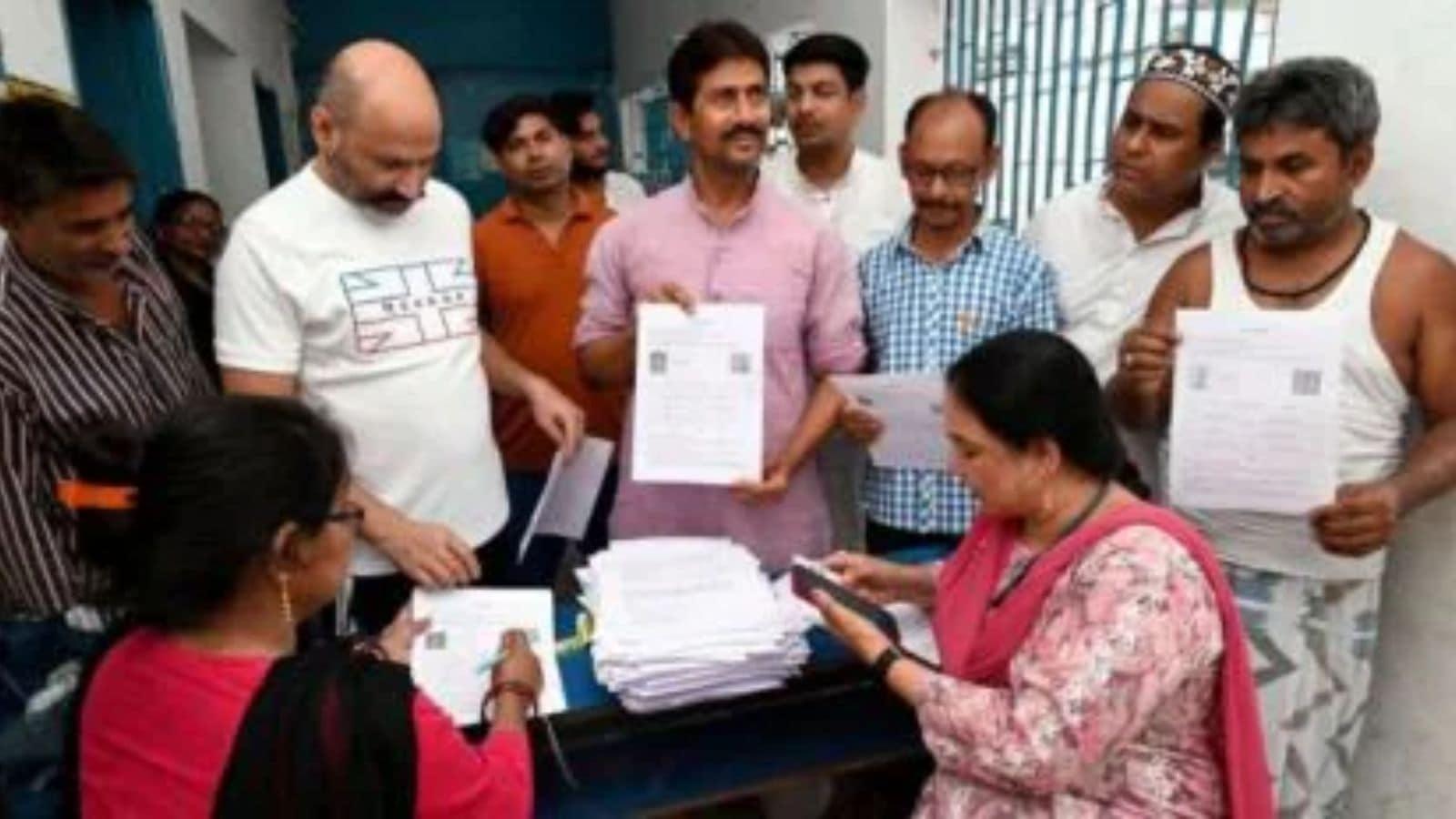Supreme Court judge, Justice Sanjay Kumar, observed that the State must show obvious transparency and fairness while dealing with issues involving religious oppression and secularism.
Though India’s brand of secularism means the State should remain neutral about all religions and faiths, the men and women who work the machinery of governance belong to different communities and religions, the judge said, indicating that the men and women who work the state machinery may ultimately owe allegiance to and work in the interest of their own particular faiths above all others.

“India has developed its own interpretation of secularism, wherein the State neither supports any religion nor penalises the profession and practice of any faith. This being the ideal, the State machinery must tailor its actions accordingly but the inescapable fact remains that such State machinery ultimately comprises members of different religions and communities. Therefore, transparency and fairness in their actions must be manifest in matters even remotely touching upon secularism and religious oppression,” Justice Kumar wrote in a recent order.

Justice Kumar’s remarks came in his separate opinion rejecting a plea by the Maharashtra government to review a September 2025 judgment of the Supreme Court. The judgment had directed the constitution of a Special Investigation Team (SIT), comprising equal parts Muslim and Hindu police officers, to investigate allegations of murder and assault made by a 17-year-old Muslim boy in the backdrop of the Akola communal riots of 2023.
Justice Satish Chandra Sharma, the second judge on the Bench, agreed with the State government, and concluded that the judgment required a re-look, thus rendering a split opinion on the review petition.
The case concerned a complaint made by a teenager, Mohammad Afzal Mohammad Sharif, who allegedly witnessed four men, one of whom was later identified to have political connections, fatally attacking a man in an autorickshaw during riots in May 2023. The men assaulted the boy, leaving him with head injuries.
But Afzal mustered the courage to go to the police station to file a complaint about the murder and the assault on himself. However, the police had taken no notice of him. A subsequent appeal to the Superintendent of the Police of Akola also failed to evince any interest.
The murder victim was later identified as Vilas Mahadevrao Gaikwad, who had been plying the autorickshaw owned by a Muslim. Afzal had stated that Gaikwad was killed under the mistaken impression that he was a Muslim.
Justice Kumar, who authored the September judgment, which was at that time seconded by Justice Sharma, reasoned that the constitution of an SIT comprising senior police officers of both communities was necessary to maintain transparency and fairness in the investigation.
“Secularism needs to be actuated in practice and reality, rather than be left on paper to be enshrined as a constitutional principle,” Justice Kumar observed.

 1 hour ago
4
1 hour ago
4









 English (US) ·
English (US) ·